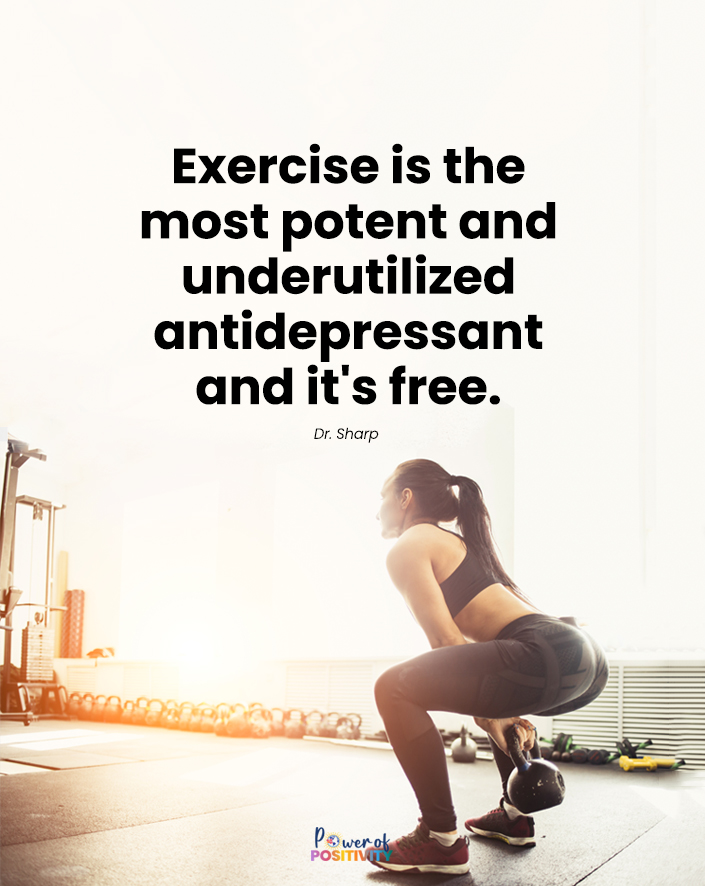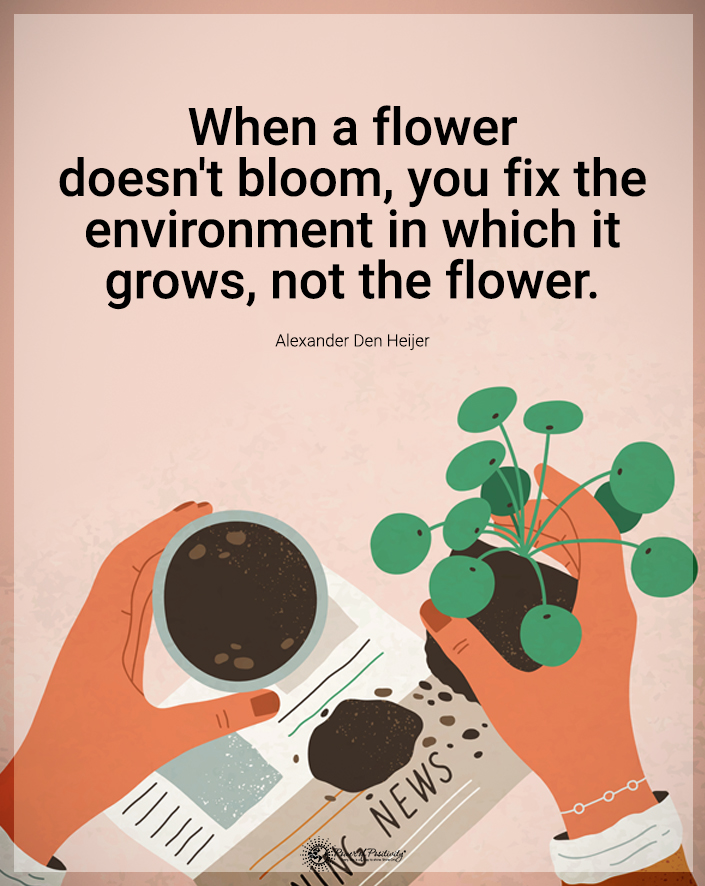Here’s why you must let go of those anxious thoughts.
Imagine waking up every morning with a heavy feeling in your chest, your mind racing with worries about the day ahead. This scene is the daily reality for millions of people who struggle with anxiety. Anxiety isn’t just feeling nervous before a big presentation or worrying about a loved one. Anxious feelings can be pervasive, often overwhelming mental health conditions that can impact every aspect of your life.
This article will explain how anxiety can disrupt physical health, mental well-being, social interactions, and professional life.
But perhaps most importantly, we will look into practical strategies and psychological insights on how to manage and release your anxious thoughts, helping you reclaim control over your life.
Understanding Anxiety
Anxiety is a typical stress response. In fact, it can even be beneficial in some situations, prompting you to act in the face of danger. However, when anxiety becomes chronic, it can interfere with your daily activities and well-being. Psychologically, anxiety is characterized by excessive fear or worry about future events, often coupled with a heightened state of arousal.
Symptoms of Anxiety
Common symptoms of anxiety include the following:
- Restlessness
- Fatigue or often tired
- Difficulty concentrating
- Irritability or moodiness
- Muscle tension
- Sleep disturbances.
Anxiety can manifest in various forms. These frequently include generalized anxiety disorder (GAD), panic disorder, social anxiety disorder, and specific phobias. Each type has its unique triggers and symptoms. Regardless of the causes and signs of anxiety, they all share the common thread of causing extreme distress and impairment.
The Impact of Anxiety on Your Life
Here’s why those anxious thoughts and feelings can destroy your life:
Anxiety Can Harm Your Physical Health
Those anxious feelings don’t just affect your mind. Rather, it can have a profound impact on your physical health as well. Chronic anxiety triggers the body’s stress response, leading to a cascade of physical symptoms.
Typical physical manifestations of anxiety include the following:
- Headaches
- Muscle tension
- Chest pain
- A rapid heartbeat
- Digestive issues.
Long-term anxiety can also weaken your immune system, making you more susceptible to illnesses.
It’s not uncommon for people with anxiety to experience chronic pain conditions, such as fibromyalgia or irritable bowel syndrome (IBS). The constant state of worry and fear can take a toll on your body, leading to a vicious cycle where physical symptoms exacerbate anxiety and vice versa.
Anxiety Can Reduce Your Mental Health
The relationship between anxiety and additional mental health issues is complex and bidirectional. Anxiety often coexists with depression. That combination sets up a challenging situation where the symptoms of both conditions feed into each other. People with anxiety may experience persistent negative thoughts, feelings of hopelessness, and a sense of impending doom.
Cognitive functioning can also be impaired by anxiety. It’s common to struggle with concentration, memory, and decision-making when constantly preoccupied with worry. This cognitive decline can further impact your emotional well-being. As a result, it may be harder to break free from the cycle of anxiety.
Impacts of Living With Anxious Feelings on Your Social Life
Anxious thoughts can creep up on you unexpectedly. That’s why they can significantly impact your social interactions and relationships. Social anxiety disorder, in particular, can make it challenging to engage in everyday social activities. That might cause you to avoid attending parties, meeting new people, or even speaking up in a group setting. The fear of being judged or embarrassed may lead to social withdrawal and isolation.
Even if you don’t have social anxiety disorder, chronic anxiety can strain your relationships. You might find yourself avoiding social situations, so you often find yourself canceling plans at the last minute. Or perhaps it manifests in you becoming irritable and distant from friends and family. This disruption of your social circle can lead to feelings of loneliness and worsen your anxiety. As a result, you create a cycle that is difficult to break.
The Mental Stress of Anxiety and Your Professional Life
Your professional life can also be severely affected by anxiety. Workplace anxiety can manifest as a fear of failure, perfectionism, or an inability to cope with work-related stress. This scenario can lead to decreased productivity, missed deadlines, and conflicts with colleagues.
Dealing with constant anxious thoughts or feelings can also contribute to absenteeism, as you might find it hard to go to work due to overwhelming fear or panic attacks. Over time, these issues can hinder your career progression and potentially lead to job loss. The impact of anxiety on your professional life can create financial stress. As a result, it can further complicate your anxiety and create a negative feedback loop.

Five Tips to Help Release Anxiety
“I promise you nothing is as chaotic as it seems. Nothing is worth diminishing your health. Nothing is worth poisoning yourself into stress, anxiety, and fear.” ― Steve Maraboli
1 – Mindfulness and Meditation
Mindfulness is staying present – right here and now – and fully living in the current moment. It’s a powerful tool for managing anxiety because it helps you break free from the cycle of worry and rumination. Focusing on the present can reduce the impact of anxious thoughts about the future.
Meditation, on the other hand, is a specific technique within mindfulness. It requires focusing your mind on a particular object, thought, or activity. This focus can help you to achieve a mentally clear and emotionally calm state. Doctors at the Mayo Clinic explain that regular meditation can significantly reduce the impact of your anxious thoughts. Deep breathing methods, progressive muscle relaxation, or guided imagery sessions can also help calm your mind and body.
2 – Physical Activity
Exercise is one of the most incredible natural remedies for anxiety. Physical activity releases endorphins, brain chemicals that serve as natural painkillers and mood elevators. Regular exercise can reduce stress hormones, improve sleep quality, and boost overall mood.
Different types of physical activities can help decrease the impacts of anxiety. Aerobic exercises like running, swimming, and cycling are efficient because they increase your heart rate and release endorphins. Yoga and tai chi, each combining physical movement with mindfulness, can also help reduce anxiety. Both are helpful because they promote relaxation and reduce stress.
3 – Cognitive Behavioral Therapy (CBT)
Cognitive Behavioral Therapy (CBT) is a science-backed, effective treatment for anxiety disorders. CBT focuses on identifying and changing your negative thought patterns and behaviors that lead to your anxious state. By challenging these thoughts and learning new coping methods, you can reduce the intensity and frequency of your anxiety symptoms.
CBT techniques include cognitive restructuring, which involves identifying and challenging irrational thoughts, and exposure therapy, which gradually exposes you to feared situations to desensitize you to them. Working with a trained CBT therapist can help you create personalized strategies to manage your specific disorder effectively.
4 – Healthy Lifestyle Choices
Having a healthy lifestyle can play a crucial role in managing anxious feelings. Ensuring you get enough sleep is vital, as sleep deprivation can exacerbate your symptoms. Try for seven to nine hours of quality sleep per night.
Nutrition also affects mental health. A balanced diet, filled with organic fruits and vegetables, lean protein, and whole grain foods, can support your overall well-being. Some specific foods, like those high in antioxidants and omega-3 fatty acids, may reduce anxiety.
Staying hydrated is also essential, as even mild dehydration can affect your mood. Avoiding substances that can worsen anxiety, such as caffeine, alcohol, and nicotine, is also beneficial. These substances can increase your heart rate and disrupt your sleep, both of which can trigger anxiety.
5 – Seeking Professional Help
While self-help strategies can be effective, knowing when to seek professional help is essential. If your anxiety is severe, persistent, or significantly interfering in your daily life, reaching out to a mental health professional is crucial.
Licensed mental health professionals include psychologists, psychiatrists, and therapists. They have the knowledge and experience to offer you support and treatment. Psychologists and therapists typically provide talk therapy, such as CBT, while psychiatrists can prescribe medication if necessary.
It’s essential to overcome the stigma associated with seeking help. Mental health is just as fundamental to a quality life as physical health. Taking the first step to seek help can be daunting, but it can also be life-changing.

Final Thoughts on How Anxiety Can Destroy Your Life
Anxiety can feel like an insurmountable obstacle, but it’s important to remember that you are not alone, and there are effective ways to manage and release it. By understanding the profound impact anxiety can have on your life and implementing strategies like mindfulness, physical activity, CBT, and healthy lifestyle choices, you can regain control over your anxious thoughts. You will also learn to improve your quality of life. Seeking professional help when needed is critical in your journey towards better mental health. Remember that caring for your mental well-being is a continuous process. So, each tiny step can significantly impact your overall well-being.
The post Psychology Explains How Anxiety Can Ruin Your Life (and How to Release it) appeared first on Power of Positivity: Positive Thinking & Attitude.






